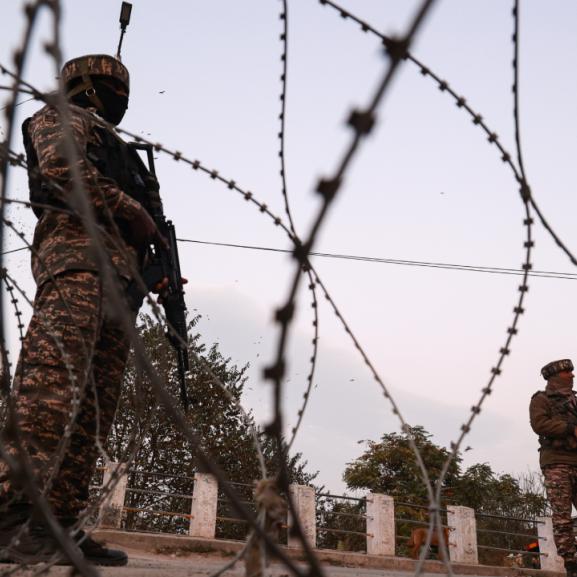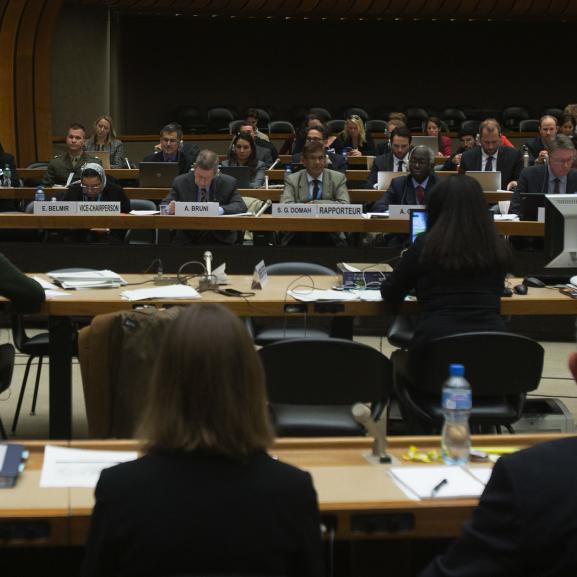Conviction of medics is a betrayal of Europe's anti-torture commitment
The MF has called on European governments to condemn the death sentence handed out to six foreign medics in Libya whose retrial was based on confessions extracted under torture. Reiterating its objection to the UK's policy of returning torture survivors to Libya, the organisation says the sentence is a betrayal of Europe's anti-torture commitment.
The five Bulgarian nurses and one Palestinian doctor, accused of deliberately infecting children with the HIV virus, were originally convicted in May 2004. However, they appealed to the Supreme Court leading to a second trial, which concluded on Tuesday (December 19).
Despite world-wide condemnation from leading scientists and human rights organisations, the court again passed the death sentence, ignoring repeated assertions from the convicted medics that they had been repeatedly beaten, electrocuted, and in the case of the women, raped, while in detention. It also refused to allow an expert inquiry following counter-evidence that the HIV virus was present in the Benghazi hospital before the medics arrived and was more likely the result of poor hygiene.
Yet despite mounting evidence of Libya's continued use of torture, European governments have so far failed to call off trade negotiations, leading to accusations that the foreign medics have been tactically ignored. Since the original trial, the European Union has invited Libya to sign up to an EU initiative known as the Barcelona Process, which would allow closer economic and political ties. The UK government has also entered into diplomatic assurances with Libya, endorsing the return of terror suspects who may already have been tortured and who will face certain persecution on removal to a country that continues to use globally outlawed practices.
MF Chief Executive Simon Carruth said: "Basing a conviction on evidence obtained under torture and in spite of well-founded protests flies in the face of every moral and legal argument. To do it twice, and with the virtual complicity of European governments, sets a dangerous precedent.
"The court has for the second time accepted 'confessions' which were extracted through beatings and electric shocks, when it is widely known that anyone subjected to unrelenting brutality will say anything to end their suffering.
"Given the mounting evidence against Libya, now would be an opportune moment for the UK and the rest of Europe to wake up and reverse its approach by condemning Libya's blatant affront to justice. If it fails to do so, it may as well say that anything is permissible, even bartering with the lives of torture victims, for ill-gotten economic gain."





